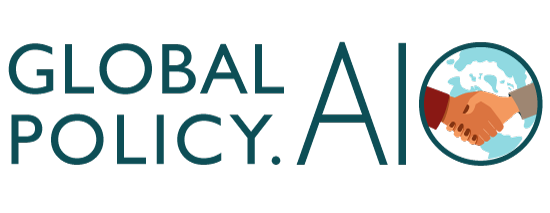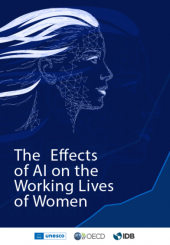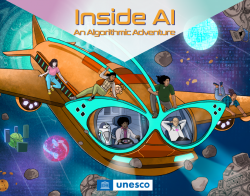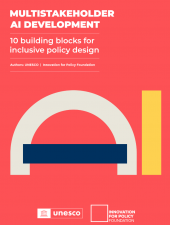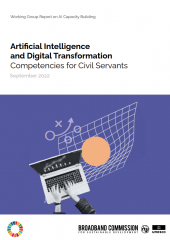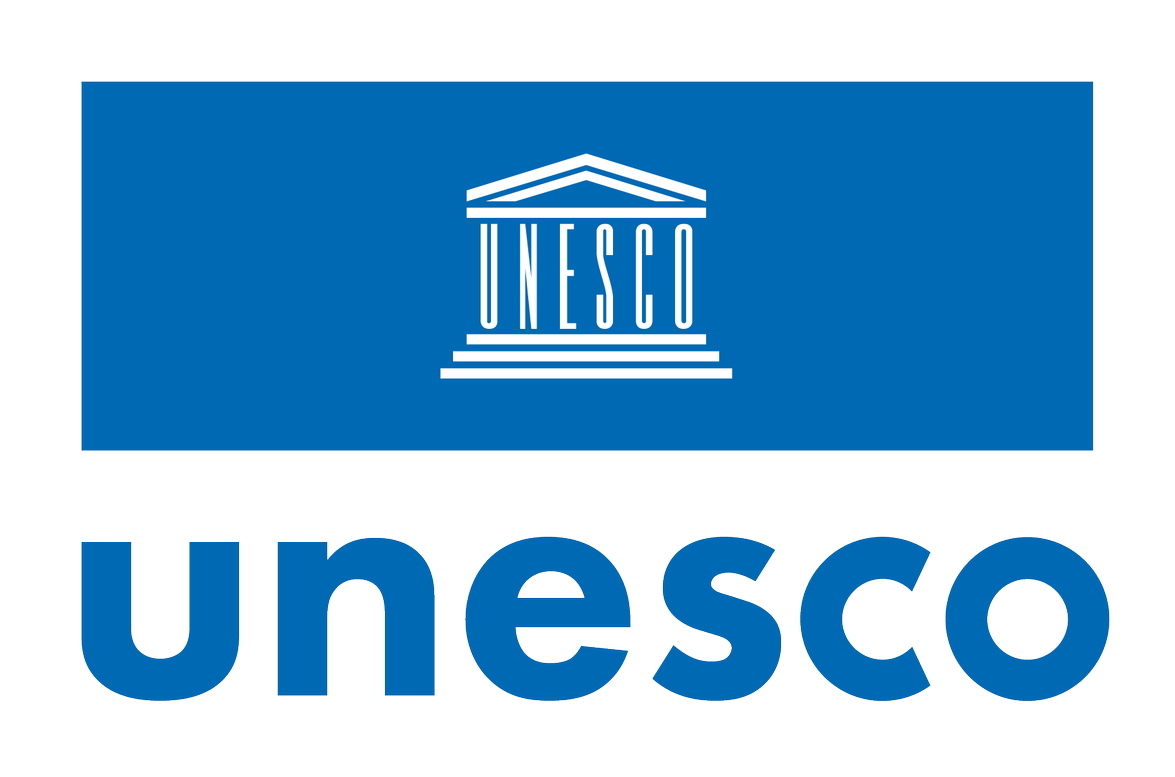
Organisation des Nations Unies pour l'education, la science et la culture (UNESCO)

Les applications d’Intelligence artificielle (IA) continuent à multiplier les opportunités pour la réalisation des Objectifs de développement durable. L’UNESCO travaille à exploiter ces opportunités dans ses domaines de compétences à travers l’éducation, les sciences, la culture, la communication et l’information. L’UNESCO mène des réflexions autour de préoccupations urgentes liées au développement rapide de l’IA, du point de vue des Droits de l’homme et de l’éthique.
Ces réflexions portent entre autres sur le rôle de l’IA dans l’avenir de l’éducation, sur les défis omniprésents de la désinformation et des discours de haine en ligne, sur l’exploitation de l’IA pour les objectifs de développement durable et pour l’autonomisation des pays du Sud, sur la promotion de l’égalité des genres dans le Secteur de l’IA et sur la lutte contre les biais algorithmiques.
Agenda et Sensibilisation
UNESCO works towards fostering a human rights based and ethical development, use and governance of AI through its advocacy and awareness-raising work across the world. The organisation is:
Helping develop regional consensus on AI governance through its regional forums
Highlighting the role of AI in the gender divide
- The effects of AI on the working lives of women
- Artificial intelligence and gender equality: key findings of UNESCO’s Global Dialogue
- Strategies to close gender divides in digital skills through education
Encouraging Youth to explore the impact of AI on humankind
Developing partnerships for AI against climate change
- Only 29% of science R&D positions are filled by women
- In 2022, the time needed to close the global gender gap in terms of economic participation and opportunity, educational attainment, health and survival, and political empowerment has increased by a generation (135.6 years up from 99.5 years).
- Women are 25% less likely to know how to use digital technology for basic uses than men
Développement des capacités et conseils en matière de politiques
In terms of capacity development and policy advice, UNESCO works to:
Provide advice and assistance to Member States on national, regional policy and development programmes
- 10 building blocks for inclusive policy design with i4Policy
- How to adopt a multistakeholder approach to AI governance in Southern Africa
Build capacities of policymakers to take part in digital transformation and AI initiatives within governments
Strengthen capacities of judicial actors concerning AI
- Over 1200 judicial operators in 100 countries surveyed
- 90% of the judicial operators underscored the need for legal training concerning the implications of AI systems on human rights and ethical challenges
- Over 4,500 judicial operators from over 140 countries registered for UNESCO’s global MOOC on AI and the Rule of Law
Organisme normatif
The Recommendation on the Ethics of Artificial Intelligence
Facilitating multistakeholder processes to develop relevant norms and standards
- Rights based, Open, Accessible, and Multistakeholder governance (R.O.A.M)
- Multistakeholder AI Development: 10 building blocks for inclusive policy design
Developing Youth AI knowledge and competencies
Catalyseur de Coopération internationale
- UNSG’s Roadmap for Digital Cooperation, in which UNESCO’s role as a ci-lead for AI (C3) is highlighted.
- UNESCO as an observer in the Global Partnership on Artificial Intelligence (GPAI) and participant in consultative processes of the OECD, Council of Europe, and European Commission.
- UNESCO and GIZ as co-organizers of the Open for Good Alliance joint webinar to engage judicial operators in a timely discussion on challenges of developing Open AI and Data initiatives in Law and Justice Systems in India, Kenya and Brazil.

Publications
- Artificial intelligence and gender equality: key findings of UNESCO’s Global Dialogue
- I’d Blush If I Could
- Steering AI and advanced ICTs for knowledge societies: a Rights, Openness, Access, and Multi-stakeholder Perspective
- Artificial Intelligence Needs Assessment Survey in Africa
- The effects of AI on the working lives of women
- Multistakeholder AI development: 10 building blocks for inclusive policy design
- Recommendation on the Ethics of Artificial Intelligence
Pour en savoir plus sur le travail de l’UNESCO en matière d’IA, rendez-vous sur: https://fr.unesco.org/artificial-intelligence https://en.unesco.org/artificial-intelligence
